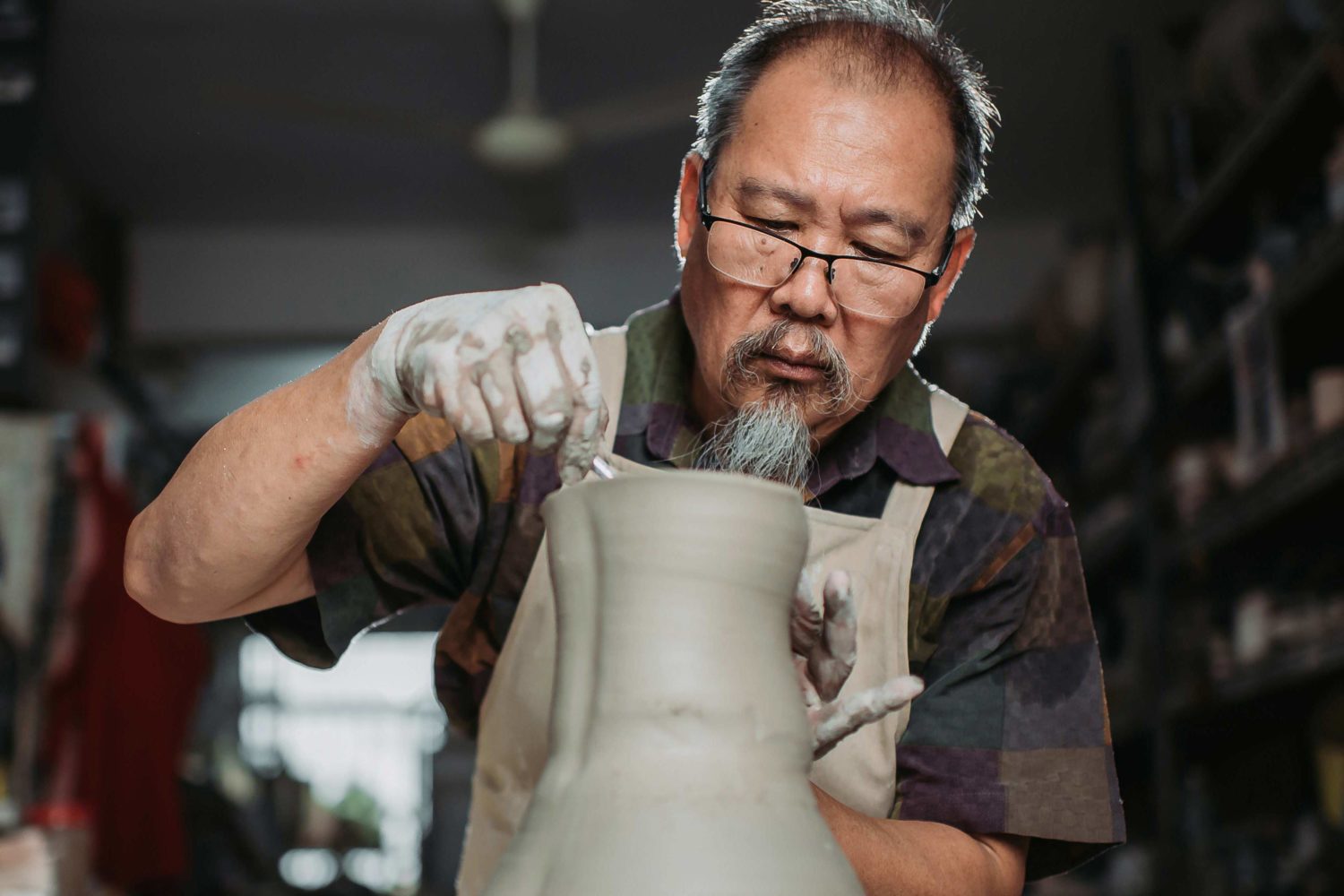There’s no doubt that taking care of an aging parent or spouse is difficult, especially if that caregiver has other responsibilities such as a job or children.
“It can be emotionally and physically exhausting,” says Neal Kursban, president of Family & Nursing Care, a provider of home care services in DC and suburban Maryland. “The adult child is usually the one calling in to say, ‘I’m considering getting care for my parent.’”
Hiring a private duty caregiver can alleviate a spouse’s or adult child’s stress over caring for the older adult. Caregivers can help with activities of daily life such as getting dressed, personal hygiene, meal preparation, and getting to and from a wheelchair or walker. For the more able-bodied elderly, Kursban says caregivers can help out a few hours a day with chores, food shopping, errands, and driving the person to doctor’s appointments and to social activities.
Kursban says it’s common for the idea of in-home care to be rejected by the elder parent initially, because they fear losing independence. “Getting a professional caregiver can actually help an older adult maintain independence,” he says. If an elder who is used to meeting friends regularly for lunch becomes housebound after a hip fracture, a caregiver can help them regain much of that lifestyle back. In addition, a caregiver can be there to minimize risks of a crisis if the elder is home alone or with an aging spouse.
There is also a mistaken notion that getting home care is a permanent decision. Adult children can suggest to their parent that they only receive care for a few hours, a few days a week, rather than make an ongoing commitment. This develops a period of trust between the caregiver and the elder, and often the elder admits that it wasn’t so bad. Kursban hears client feedback such as: “Her cooking is amazing—I gained 15 pounds!” and grateful words from the adult children for having someone available to help when they couldn’t.
But that doesn’t mean that the children’s role disappears. ”Often, caregivers form relationships with the adult children when they come to visit their parents,” Kursban says. “They become like part of the family.”










